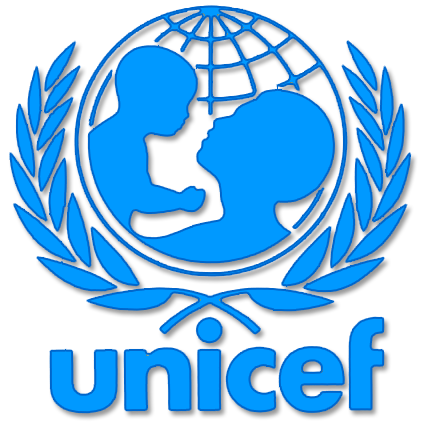 UNICEF has commended Ghana for significantly reducing children less than five years mortality in recent times.
UNICEF has commended Ghana for significantly reducing children less than five years mortality in recent times.
It noted that for the past 10 years, out of every 1,000 children born alive in Ghana 111 children would die before celebrating their fifth birthday but since 2011 it dropped to 82 children dying before reaching the age of five years, out of every 1000 born alive.
“This has been a commendable achievement and we can be proud of this success”, UNICEF said but added that the reduction in children less than five years death had not been reflected in the group of most vulnerable children known as the newborns, which aged from one-28 days.
Madam Felicia Mahama, an official with UNICEF, said this at a Regional Executive Forum on Newborn in Wa.
She said there had been unfinished business to achieve the Millennium Development Goal 4 target of reducing children less than five years death to 41 deaths per 1,000 live births.
She said mortality in the newborn age group had not changed during the last 10 years because among all children born alive this year in Ghana, close to 90 were dying each day before reaching the first month of their life.
“Looking at the number of children born alive each year in Ghana, this means in real terms that every 60 minutes, four babies are dying – one newborn death every 15 minutes and the situation of Upper West Region is also not very much different from other parts of Ghana”, she said.
This, she said, should not be allowed to continue to happen and mentioned pre-term births, complications during childbirth and infections contracted during the newborn period as the three main causes of newborn deaths.
Madam Mahama however said that the good news was that 75 per cent of all those newborn deaths could be easily prevented or treated by simple and low cost interventions that were all at “our reach”.
“We have the evidence of the effectiveness of these interventions which, if correctly applied and in a timely manner can effectively prevent at least 75 per cent of the deaths of our precious newborns,” she said.
She said all that Ghana needed was to act to avert any more deaths of newborn babies; explaining that Ghana could effectively save each year, the lives of 24,000 newborn babies who were currently dying.
Madam Mahama said Ghana needed skilled human resources, especially, skilled health personnel, equitably distributed, to provide quality care to mothers during pregnancy, to mothers and their newborns during childbirth, and continued quality care to the newborns during their first month of life.
Ghana also needed to provide all the necessary equipment and commodities, and work with communities, to break with all the negative beliefs and harmful practices that were detrimental to the health and survival of the newborn.
“Ghana has to implement all these interventions quickly and to scale, to be able to reverse this sad trend of newborn mortality”, she said.
Madam Mahama called for renewed commitment by stakeholders to avail the resources to every mother and her newborns and wherever they were residing in Ghana and all must invest in the survival of newborns.
UNICEF, she said, felt honoured having been part of the development of Ghana’s National Newborn Strategy and Action Plan for 2014-2018, which she described as an important milestone to address the morbidity and mortality of newborn babies in Ghana.
UNICEF remained steadfast in the commitment for supporting the government and the Ghana Health Service in the region for full implementation of the strategy.
Madam Mahama urged the Regional Coordinating Council to place newborn health on top of the political agenda of the region to help attain the Millennium Development Goal Four.
Source: GNA























